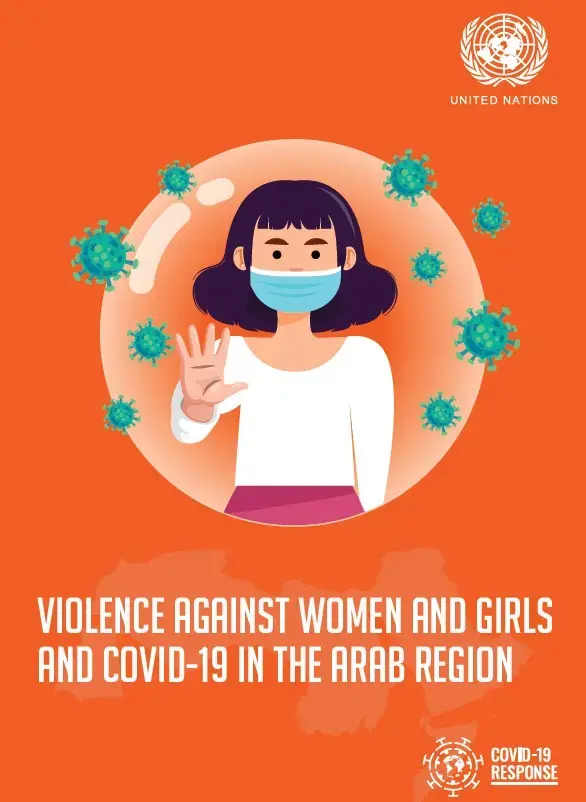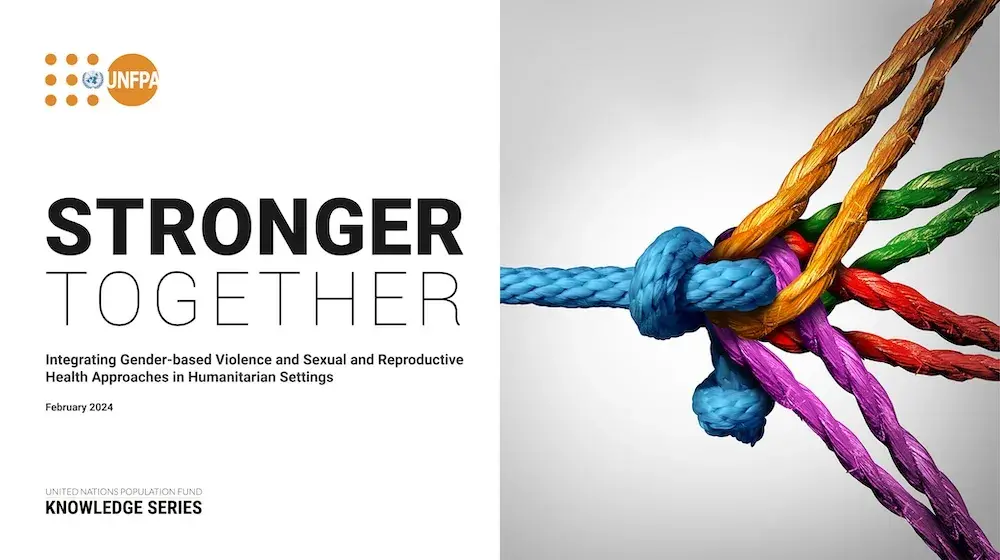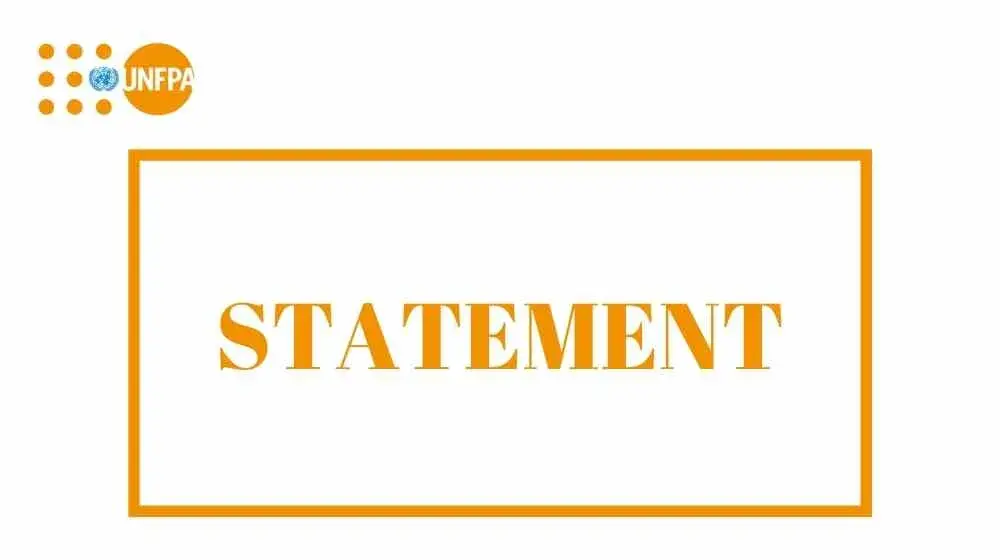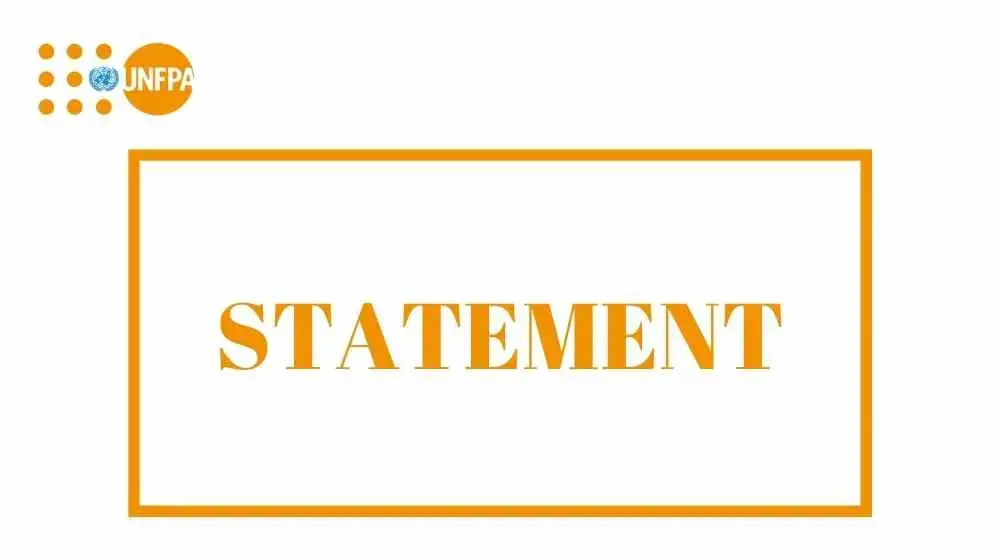In April 2020, the United Nations Secretary-General urged all governments to make the prevention and redress of violence against women a key part of their national response plans for COVID-19, including increasing the investment in remote services and civil society organizations (CSOs), ensuring that judicial systems continue to prosecute abusers, setting up emergency warning systems in pharmacies and grocery stores, declaring shelters as essential services, and creating safe ways for women and girls to seek out support services. This call was in response to the growing ‘shadow Pandemic’ – the increasing evidence that the measures taken to restrict movement and ensure social isolation were also contributing to increased violence against women and girls (VAWG). More recently, and in view of the growing urgency of addressing VAWG in the context of COVID-19, considering the context of escalating reports globally, the UN Executive Committee highlighted the necessity of scaling up the efforts, specifically to:
- Devise a political engagement strategy to engage influencers at all levels, and mobilize the social and cultural shift necessary to tackle gender-based violence.
- Ensure that advocacy on VAWG is evidence-based through greater engagement of big data and rapid assessment surveys.
- Strengthen women’s CSOs, faith-based organizations and non-governmental organizations (NGOs) as full partners in COVID-19 response and recovery work, including monitoring and tracking of progress and investments.
In response, this brief serves as an opportunity to review recent qualitative and quantitative data, the availability of support systems and identify good and emerging practices to address VAWG in the Arab Region in light of COVID-19. By doing so, we aim to seize the moment to ensure a more comprehensive and survivor-centered response to VAWG in the Region, both in the short and mid-term response, to the Pandemic and in the long term, as States work to eliminate VAWG.
This is in line with guidance emerging from the Essential Services Packages for Women and Girls Subject to Violence (ESP), as well as the report of the Secretary-General on the intensification of efforts to eliminate all forms of violence against women.
To discuss the pernicious impacts of COVID-19 and the subsequent lockdowns’ impacts on VAWG, while also shedding light on how governments and CSOs have responded, UN ESCWA and UN Women led the preparation of this brief.
Several UN agencies contributed to its development including FAO, OHCHR, UNAIDS, UNDP, UNFPA, UNICEF, UNODC, WHO, and WFP. A unified multi-agency, multi-sectoral and intersectional approach means that, based on each agency’s mandate and audience, a greater expanse and diversity of beneficiaries will be reached. The message that we aim to convey is that VAWG increases during emergencies including health emergencies and that, all too often, necessary services are not available, overwhelmed or deemed non-essential.





